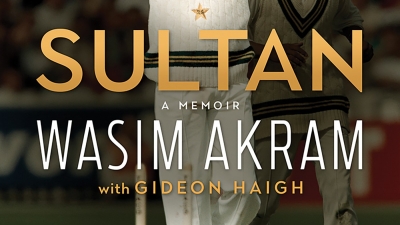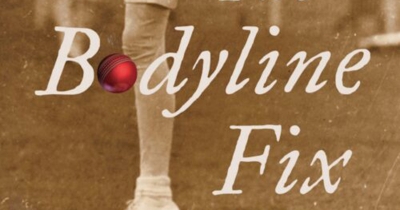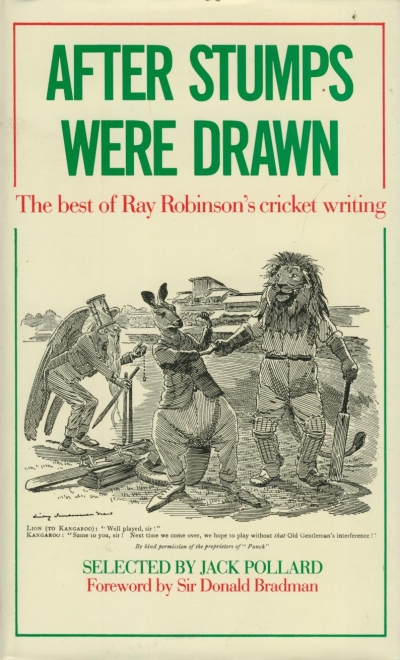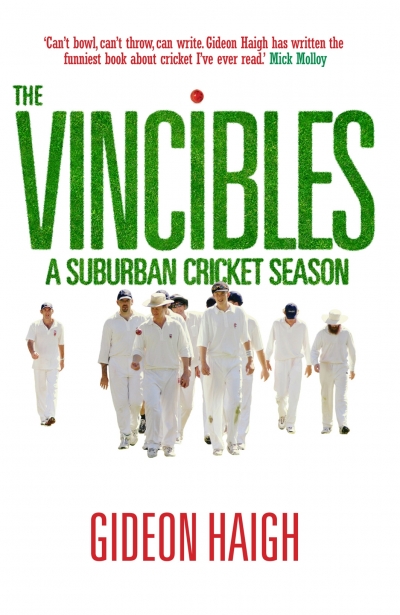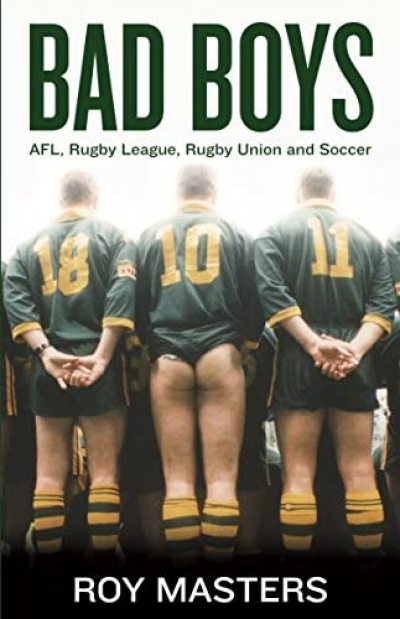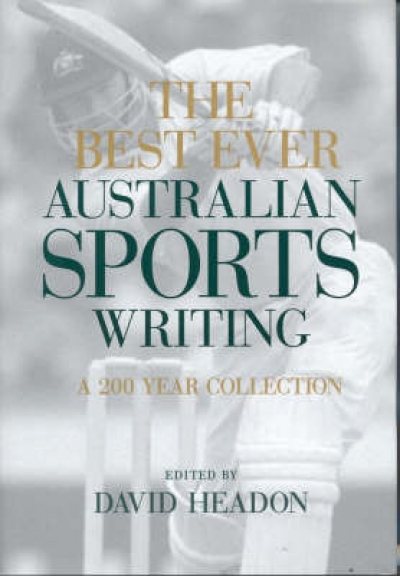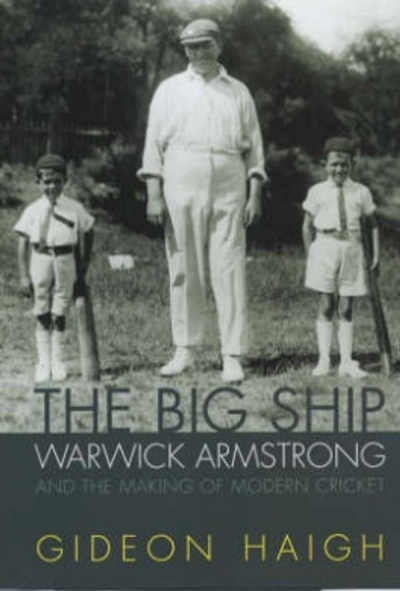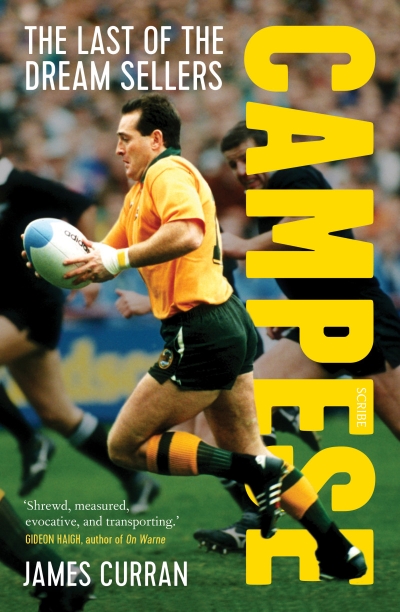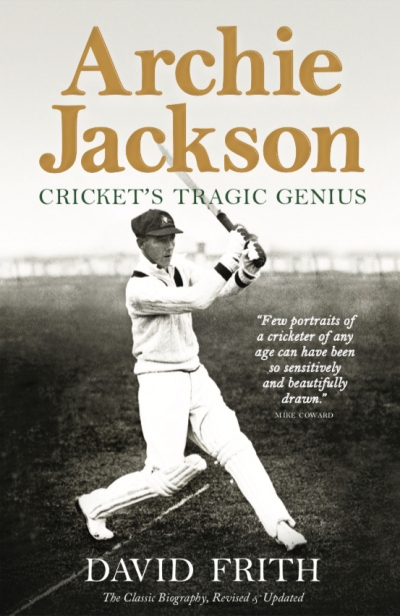Sport
After Stumps Were Drawn: The best of Ray Robinson's cricket writing edited by Jack Pollard
by John McCarthy •
The Vincibles by Gideon Haigh & Over and Out edited by John Gascoigne
by Warwick Hadfield •
Bad Boys: AFL, Rugby League, Rugby Union and Soccer by Roy Masters
by Braham Dabscheck •
The Best Ever Australian Sports Writing: A 200 year collection edited by David Headon
by Craig Sherborne •
The Big Ship: Warwick Armstrong and the making of modern cricket by Gideon Haigh
by Michael Costigan •
The Australian summer was once again a story of Covid. Just as things were slowly reaching a state of ‘Covid-normal’, Omicron came along to present us with new, decidedly unwelcome, challenges. Despite Omicron, our summer did not pass by without one of its most defining features: sport. Many events went ahead as planned, not least the Australian Open tennis tournament.
... (read more)Campese: The last of the dream sellers by James Curran
by Barnaby Smith •
Archie Jackson: Cricket’s tragic genius by David Frith
by Daniel Seaton •

